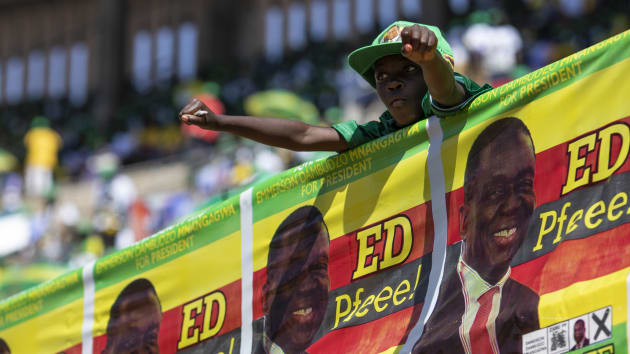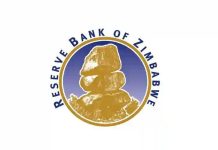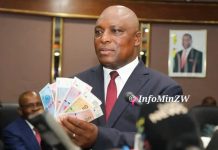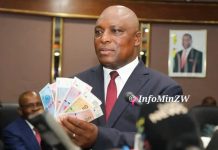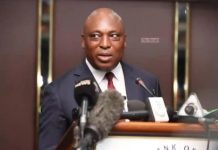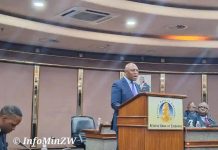Basic goods are scarce and the value of the Zimbabwean dollar has continued to tumble, pushing official annual inflation to 785.6% in May and causing real incomes for Zimbabweans to evaporate. The International Monetary Fund estimates that the economy will contract as much as 10.4% this year following a 12.8% contraction in 2019.
The Reserve Bank of Zimbabwe (RBZ) reintroduced the Zimbabwe dollar (ZWD) quasi-currency in June 2019 having unpegged from the U.S. dollar four months prior, but the currency depreciated rapidly. RBZ Governor John Mangudya unilaterally reimposed a dollar peg of 25 ZWD to the dollar in March, only for the government to scrap it three months later in favor of a return to the auction system
Mangudya has issued a ban on some electronic money transfer services, with black market traders and electronic transactions a key source of currency devaluation. The last time the RBZ called for money transfer providers and local capital markets to suspend operations indefinitely was in 2008, when Zimbabwe’s hyperinflation reached a world record 89.7 sextillion percent year-on-year. A year later, the Zimbabwe dollar was scrapped.
Robert Besseling, executive director of political risk consultancy EXX Africa, suggested that in the next step to try to limit the damage, private bank accounts are “likely to be raided to fund a bailout that is mostly benefiting politically-connected business allies of the governing elite.”
Mangudya has claimed local banks have over $1 billion in their accounts, which he hopes will help stabilize the local currency’s value.
“The blame for the collapse of the economy may be squarely placed on the mismanaged reintroduction of a local currency after 10 years of dollarization, which has fostered fraud and embezzlement on a massive scale,” Besseling said in a report last week.
“Opposition activists have long accused (President Emmerson) Mnangagwa and his business allies of weakening the economy through covert foreign exchange dealings and over-priced procurement deals.”
Zimbabwe Reserve Bank Governor John Mangudya delivers his Monetory Policy Statement in Harare on February 20, 2019, where he announced the establishment of an interbank foreign exchange market in the country officially abandoning the 1:1 exchange rate between the USD and the country’s quasi currency the Bond note.
Zimbabwe Reserve Bank Governor John Mangudya delivers his Monetory Policy Statement in Harare on February 20, 2019, where he announced the establishment of an interbank foreign exchange market in the country officially abandoning the 1:1 exchange rate between the USD and the country’s quasi currency the Bond note.
JEKESAI NJIKIZANA/AFP via Getty Images
On June 26, a Joint Operations Command (JOC) collective of security chiefs ordered the government to close the privately-owned Zimbabwe Stock Exchange and halt mobile money transfers, which host nearly all of the country’s commerce.
The move, taken after black market trading plunged the reinstated Zimbabwe dollar past 100 to the greenback versus the official rate of 57, blindsided the finance ministry and the RBZ. This effectively hijacked economic policy, EXX Africa highlighted, a clear show of frustration with Mnangagwa’s government’s handling of the ailing economy.
The government has taken aim at the private sector for the crisis, particularly mobile money platforms and the stock exchange, both which it has alleged are linked to illegal foreign exchange trading and money creation.
The ruling ZANU-PF party is now embroiled in a tussle with insurance firm Old Mutual, which the government said it had “ejected” from the country’s financial system amid allegations of undermining the local currency. The Old Mutual Implied Rate, used by some companies to transact business, uses the difference between the prices of Old Mutual’s shares on the Zimbabwe and London stock exchanges to predict the future rate of the Zimbabwean dollar.
Old Mutual has issued a statement assuring customers that all services and operations continue to “run as normal” and said it is “working with all relevant stakeholders to seek clarity on the matter,” as the government doubles down on assertions that it should be delisted from the Zimbabwe Stock Exchange.

